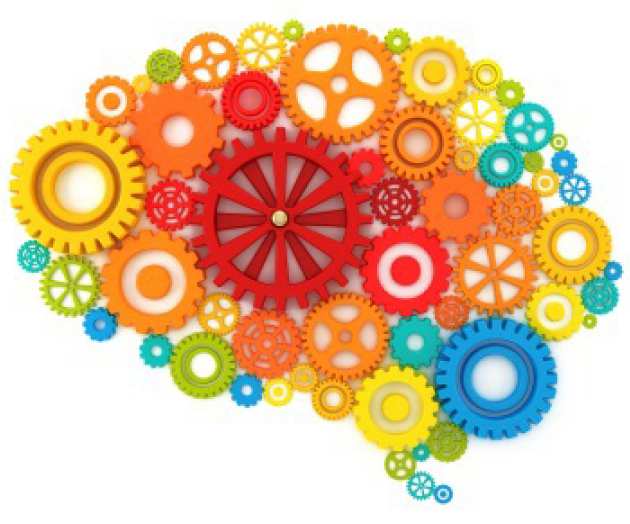Module details
- Offered to 2nd Years
- Mondays 16.00-18.00
- Planned delivery: On campus (South Kensington)
- Two-term module, worth 5 ECTS
- Available to eligible students as part of I-Explore
- Extra Credit, or Degree Credit where your department allows
This module will provide accessible, real-world insights from cognitive, biological, social, and clinical psychology to illustrate how recent developments in theory and data collection have changed some of the traditional ways of conceptualising the human mind and behaviour. Ethical considerations, operationalisation of variables, and rigorous scientific research design are important aspects of the module.
You will be involved in such tasks as: demonstrate a psychological experiment, contribute your own critique of cutting-edge psychological issues, interact with your peers in a group presentation, and provide your own research proposal based on topics learnt in class.
Please note: The information on this module description is indicative. The module may undergo minor modifications before the start of next academic year.
Information blocks
On completion of this module, you will be better prepared to:
- analyse historical theories of the mind;
- critically compare different approaches to studying current-day psychological phenomena;
- identify primary sources appropriate to at least two key areas in psychology;
- apply key concepts, statistical analysis, critical thinking and analytical skills to psychological project design.
We will cover aspects of the following topics:
- History of psychology;
- Recent developments in cognitive psychology;
- Designing research in psychology;
- Neuropsychology, brain disorders and mental health;
- Psychology of love and attraction;
- The acquisition of language;
- Criminal psychology;
- Mindfulness and psychological wellbeing;
- Artificial Intelligence from the perspective of psychology.
The sessions will be delivered via a variety of teaching methods, including lecture sections delivered by the module lead, group discussions about set topics, combined with training sessions which relate to the assessments, such as on report- and essay-writing, data collection and contributing productively to class debate.
Additionally, you will have the opportunity to conduct a psychology lab experiment, and take part in mini-quizzes and psychometrics typically used by psychologists. These will be supplemented by in-class discussions with your peers on your weekly learning of preparatory tasks.
- Coursework 1: Critique of a research article (700-800 words). Submitted after the end of autumn term. (40%)
- Coursework 2: Research proposal (1200-1400 words). Submitted after the end of spring term. (40%)
- Coursework 3: Personal reflection activity - 10 participation entries (120-150 words per entry). Five per term, both submitted after the end of each term. (20%)
Further information:
Coursework 1: Critique of a research article on psychological topic in mental health, written up in an individual, summative 700-800 word essay.
Coursework 2: You will suggest your own idea for a feasible student-level psychology project. You will then write up your idea for your individual, summative project, based on formative module leader feedback and guidelines provided.
Coursework 3: About 5 minutes each week during class time, submitted at the end of each term. For each class there are corresponding preparation materials and tasks. You will reflect on your reading in preparation for that week and participation in class activities, plus your general experience of the class. You will be marked according to each entry's relevance to the class's topic, participation in at least one of the related activities included in your VLE, your personal reflections on how the session has impacted your learning that week, and any aspects for further development.
- Requirements: You are expected to attend all classes and undertake approximately 85 hours of independent study in total during the module. Independent study includes reading and preparation for classes, researching and writing coursework assignments and preparing for other assessments.
- This module is designed as an undergraduate Level 5 module. For an explanation of levels, view the Imperial Horizons Level Descriptors page.
"Great module, well taught, had some good sessions and some mind-blowing ones."
"Really loved it. I would recommend it to anyone who likes psychology."
Got any questions?
Contact the lecturer
Dr Angela Richards
angela.richards@imperial.ac.uk
